- Sinking prebiotic food for aquarium fish: the special dietary fibers contained in the food nourish the positive intestinal bacteria for healthy digestion.
- Raw, natural ingredients, with no artificial additives, for a diet close to the natural diet and good health for aquarium fish. Tested during JBL research expeditions in tropical regions.
- Highly palatable, even for picky cichlids, thanks to its quality ingredients: salmon, spinach, and shrimp. Spirulina, or blue-green algae, closely resembles the natural diet found in lakes, which is based on diatoms and blue-green algae.
- Contains very high quality natural astaxanthin, extracted from krill and spirulina, which guarantees perfect colouring of Cichlids, e.g. those from Lakes Malawi and Tanganyika.
- Contents: original sealed box, airtight and lightproof, recyclable; measuring cup inside the lid (for 250 and 1000 ml).
In the Great Lakes of East Africa (Malawi and Tanganyika), many cichlids have specialized in consuming the algal mat (daufwuchs) and its associated microscopic organisms. For these species, JBL created the JBL PRONOVO MALAWI.
Almost all other species in the two lakes are predators and eat fish, microscopic organisms, shrimp, and fry. Some even eat the scales of other fish (Plecodus). For the predators in the two lakes, JBL created the JBL PRONOVO TANGANYIKA. If both groups are kept together in the same aquarium, it is essential to offer two different types of food. This way, each type of fish will receive the appropriate food.
Typical predators of Lake Tanganyika: Lamprologus, Neolamprologus, Julidochromis, Cyphotilapia, Telmatochromis, Calinochromis. Typical predators of Lake Malawi: Trematocranus, Haplochromis, Nimbochromis, Sciaenochromis, Labidochromis.
The advantages of JBL food:
– use of pure fish protein, without cheap fishmeal,
– ideal protein/fat ratio,
– primarily aquatic animal protein,
– reduced algae growth and optimal fish growth thanks to an adapted phosphate content.
Prebiotics: Prebiotics are
substrates selectively used by host microorganisms that produce a health benefit. Scientists agree that they promote digestion and therefore health. In our fish, another important aspect is added: thanks to better digestion, there is less waste, and therefore less water pollution, which reduces the occurrence of algae problems. The water remains cleaner.
Since the majority of cichlids in Lake Tanganyika are predators, the food for these species has been named PRONOVO TANGANYIKA. Since the species in Lake Malawi are mostly algae grazers, this food is called PRONOVO MALAWI.
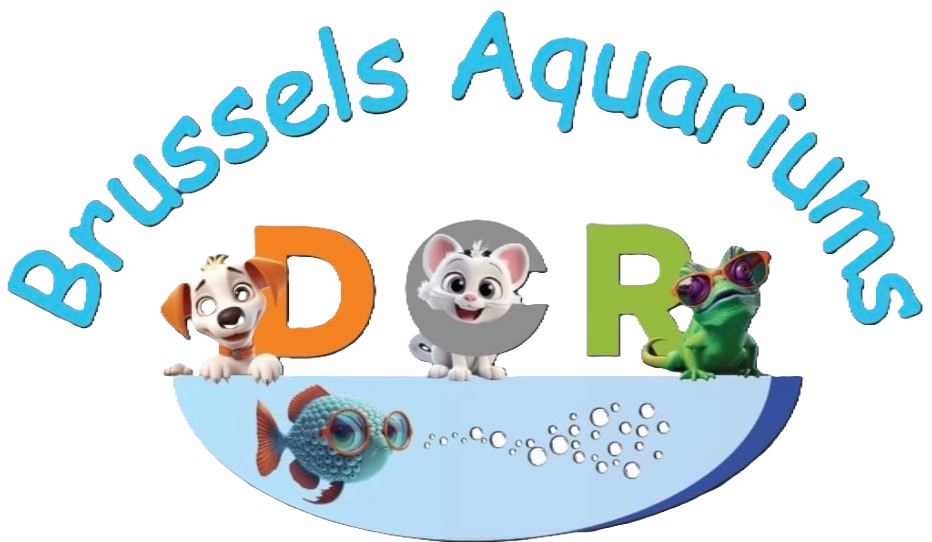
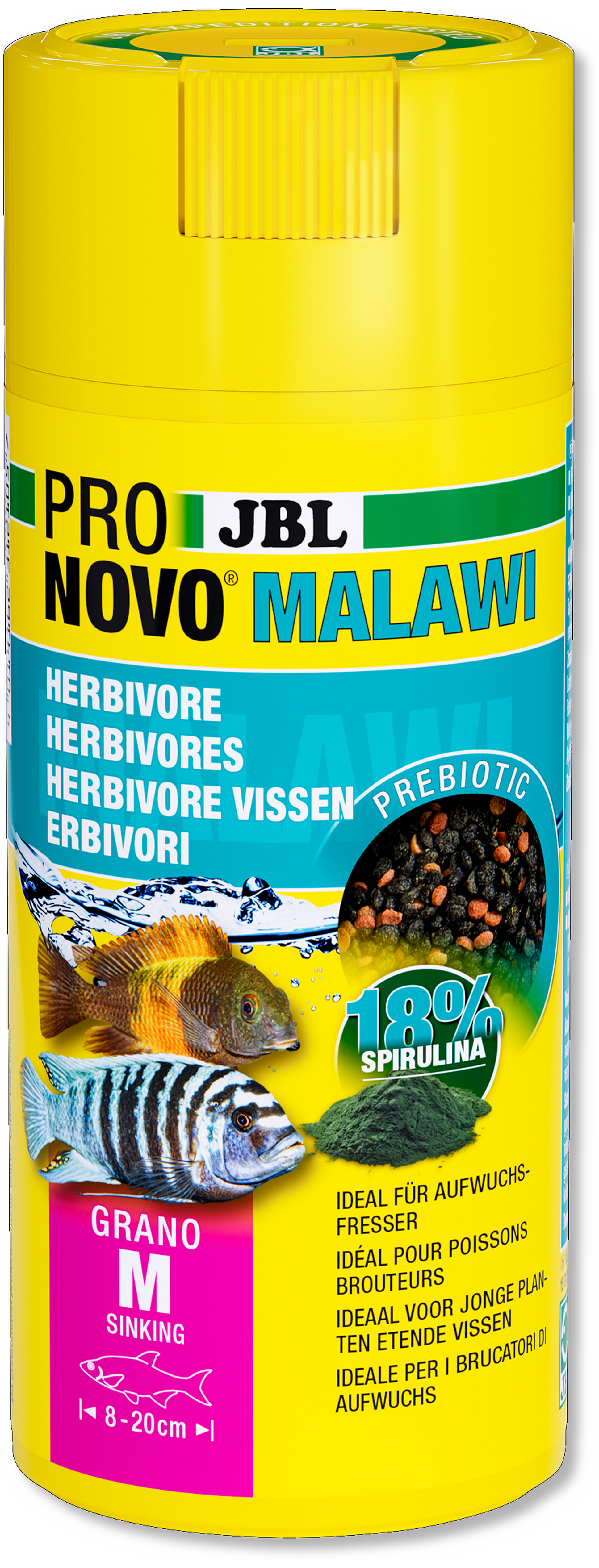
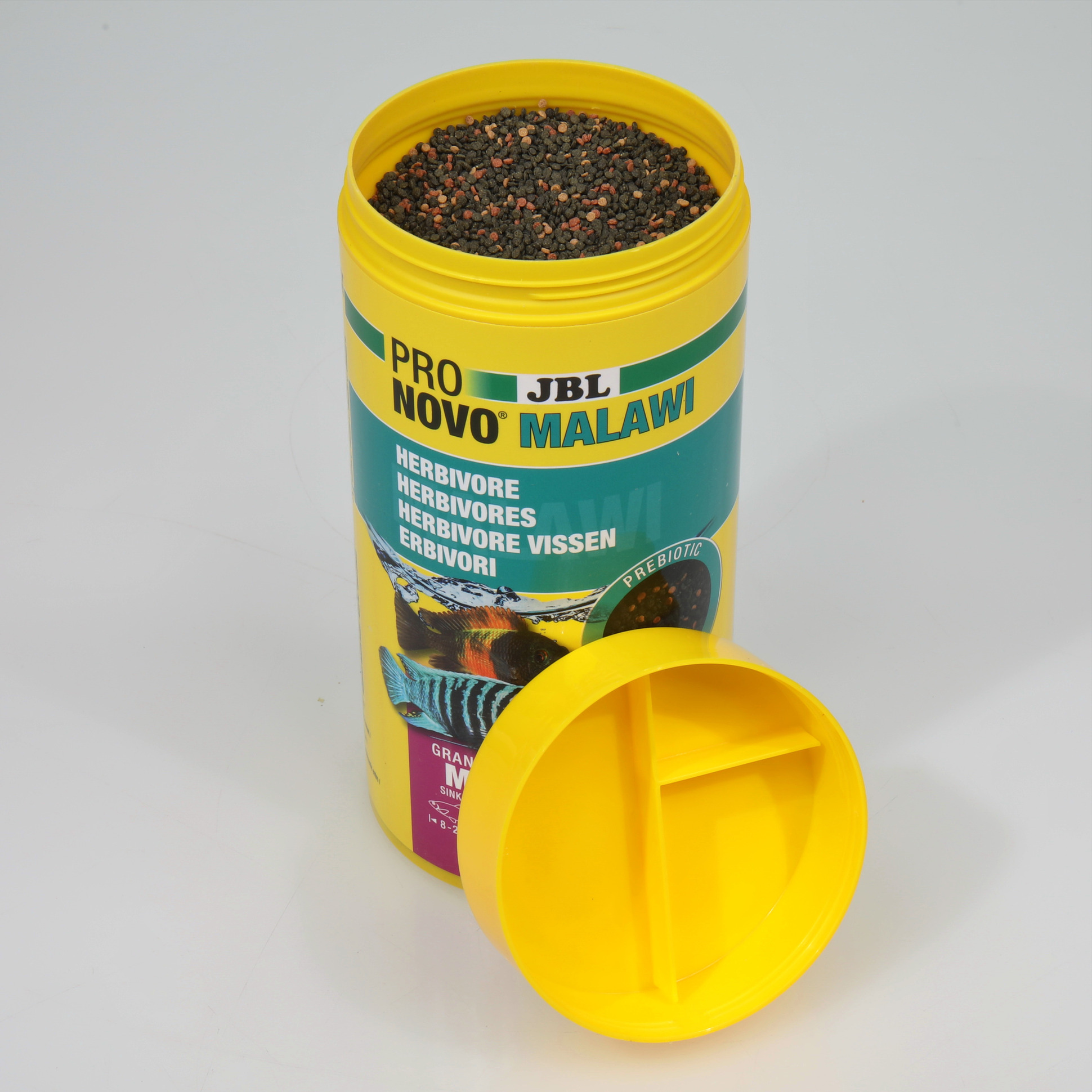
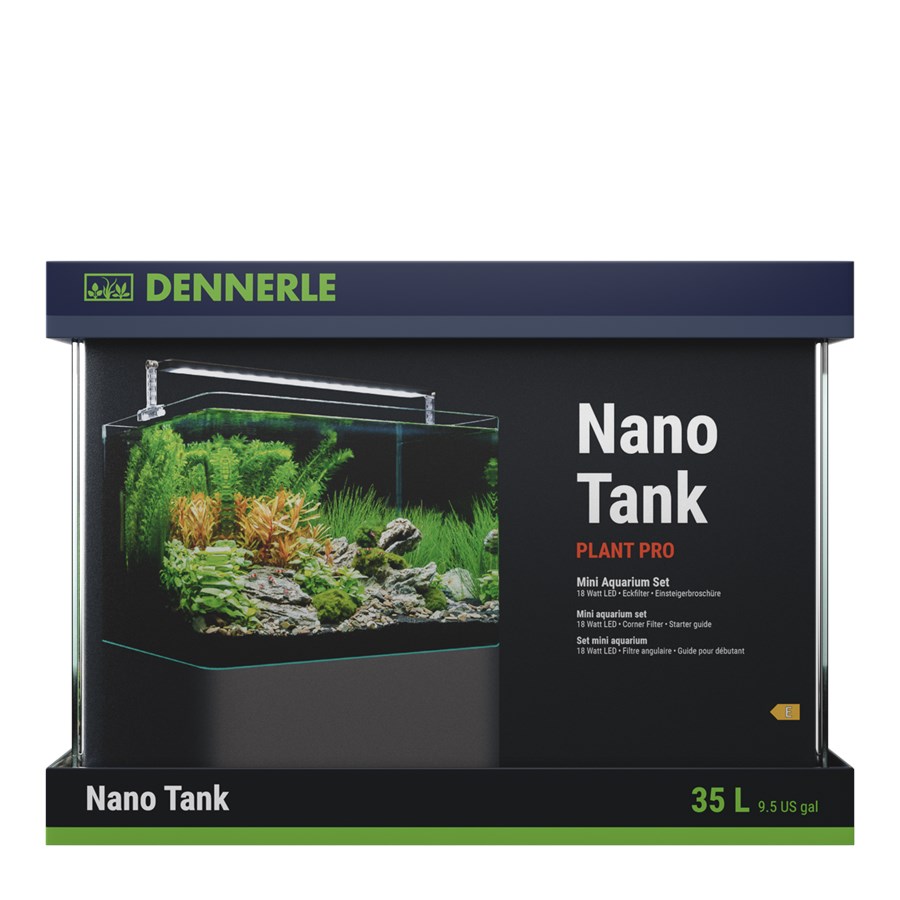
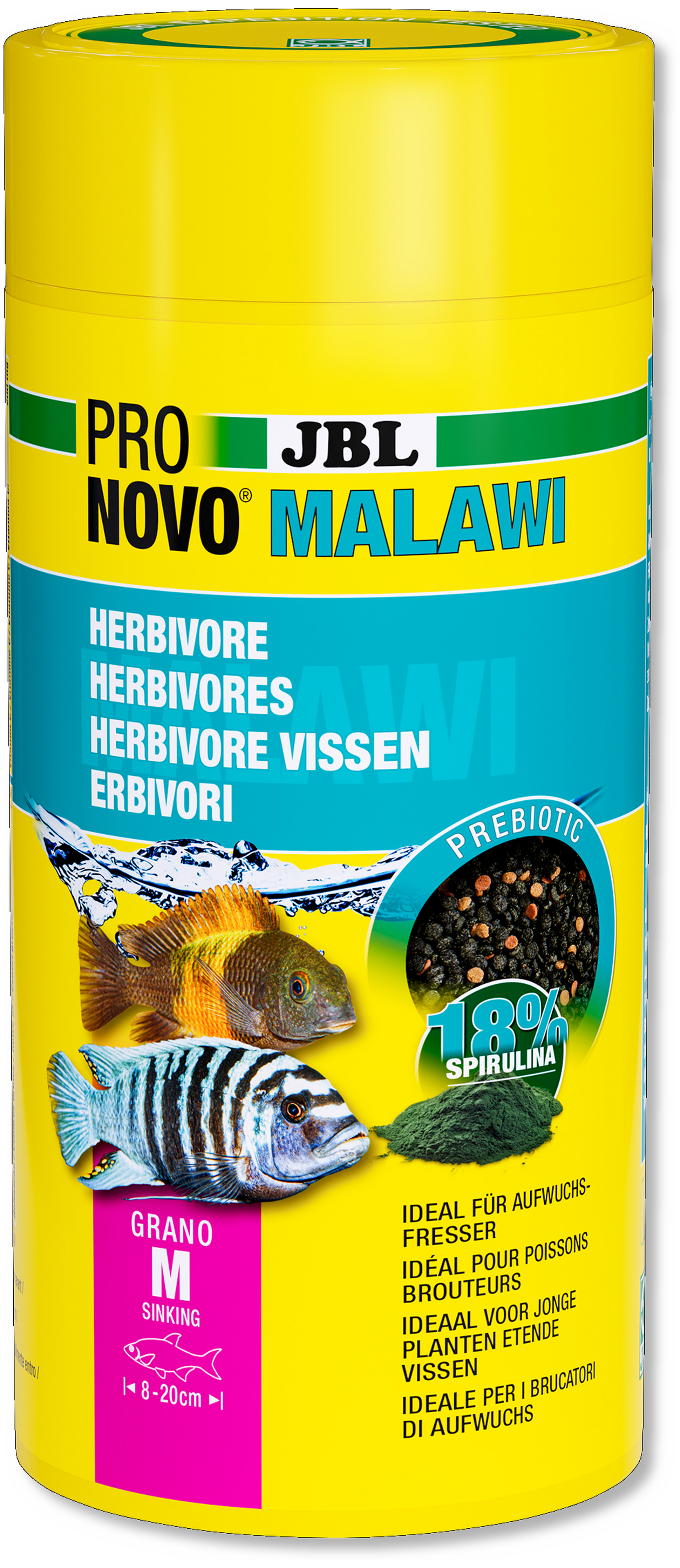
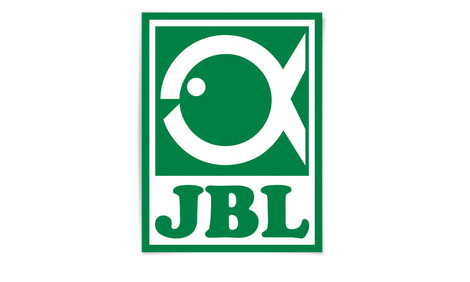
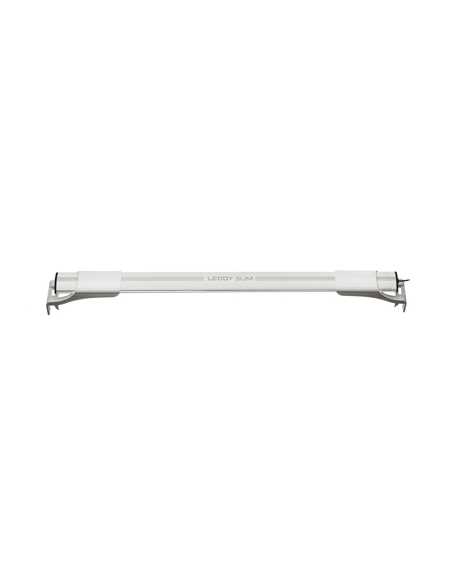
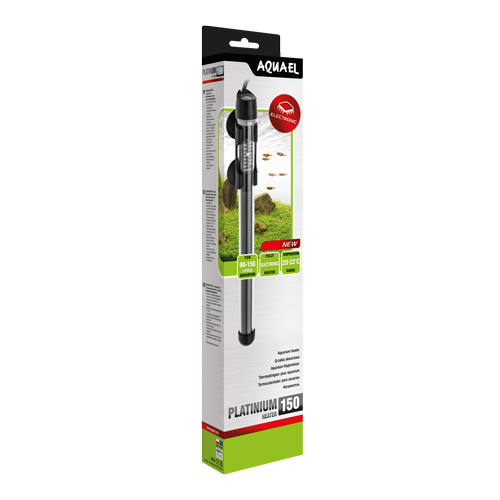
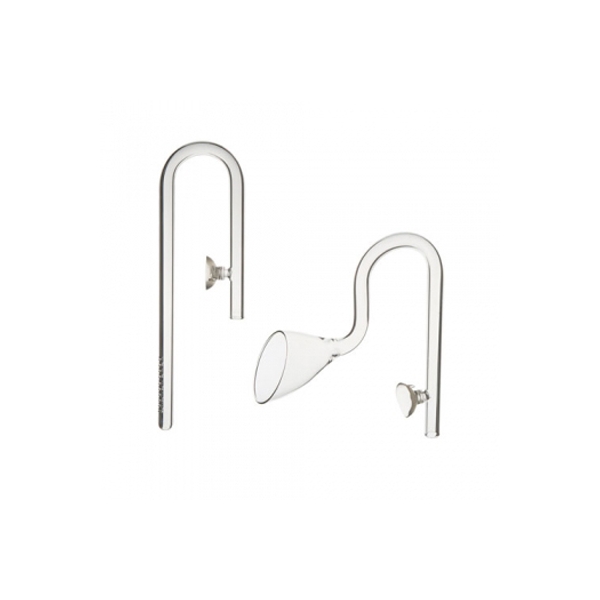
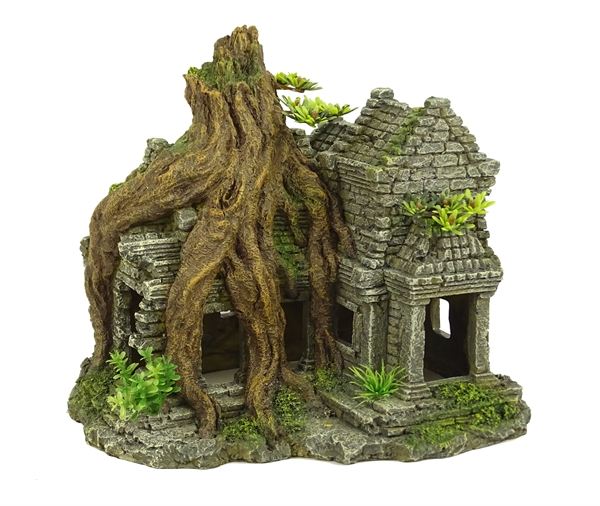
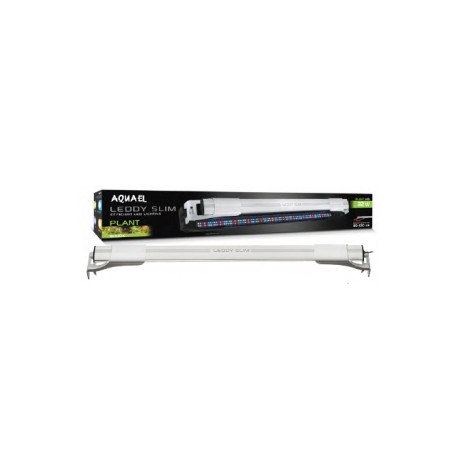

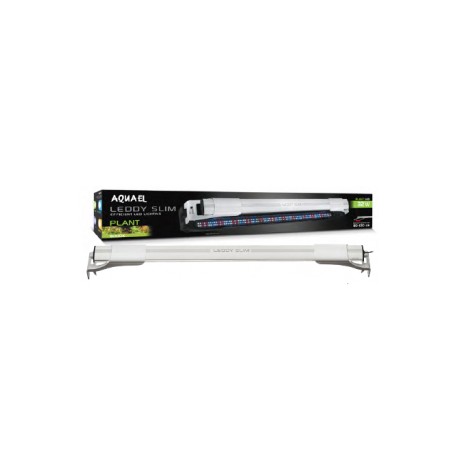
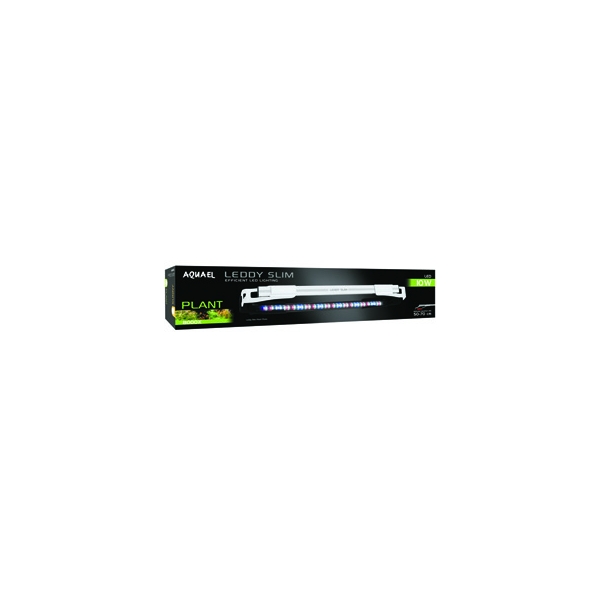
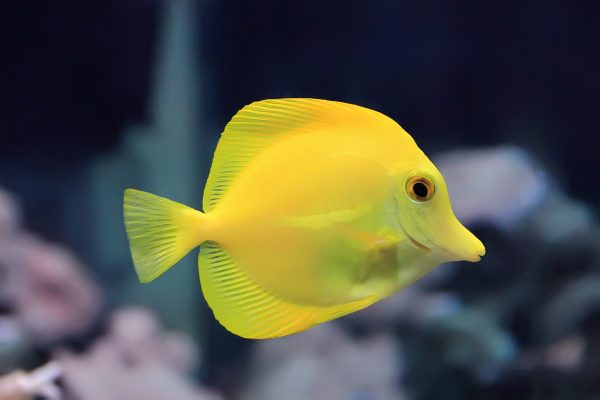
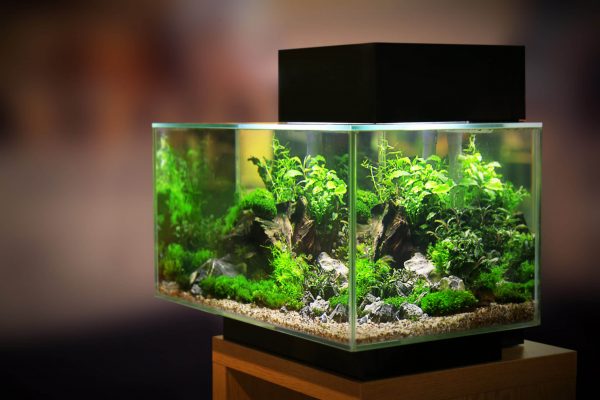
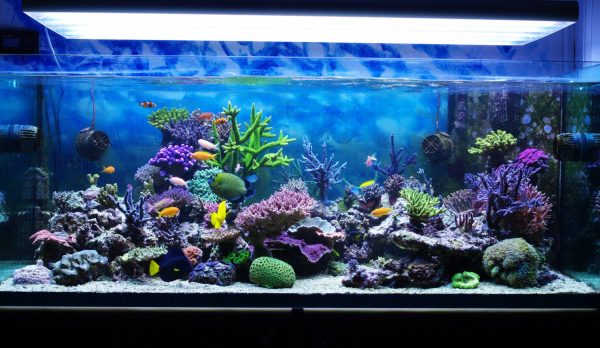
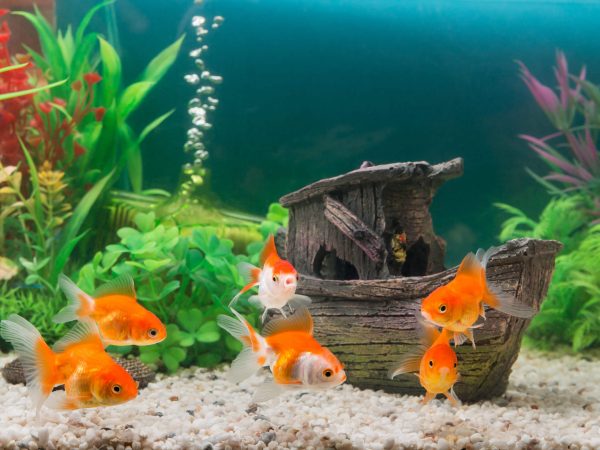
Notice
There are no reviews yet.